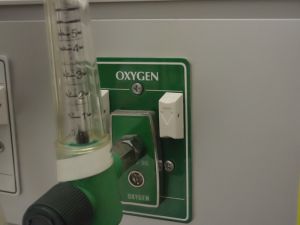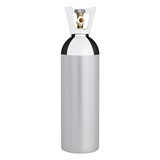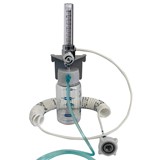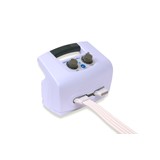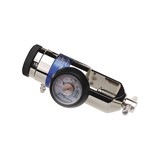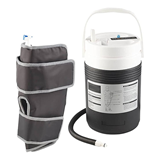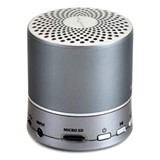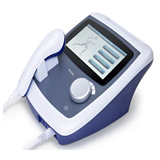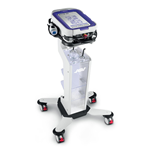The results of this landmark research are published in the current edition of The Lancet.
Shortness of breath (also known as dyspnea) is a common symptom in very advanced stages of many diseases and disorders when every effort has been made to reverse underlying causes. It is experienced by many among those nearing the end of life suffering from heart failure (60 per cent), lung cancer (70 per cent) and chronic obstructive pulmonary disease (90 per cent).
The lead author, Dr Amy Abernethy of Duke University in North Carolina, is concerned about the impact of breathlessness: "Shortness of breath is distressing for patients and affects their families as well, making normal activities like walking, talking, and socialising difficult," she said.
Clinical guidelines recommend oxygen when blood oxygen levels fall so low that a patient becomes hypoxic – when there isn't enough oxygen in the blood to keep vital functions going. But there are large numbers of patients whose oxygen levels haven't fallen into the critical zone who still experience difficulty breathing and feel they need help.
Patients in the trial received either oxygen or room air for one week to see if would help ease their breathing. The same percentage of patients in both groups reported the same degree of relief from each treatment, leading to the conclusion that supplemental oxygen isn't any more beneficial than the delivery of air by the nose.
The results suggest that the same level of relief might be achieved by using something as simple as a small fan, a solution that would be less cumbersome for patients and less costly to the system.
"So while having air blow across your face may be helpful, this study demonstrates that for most people it is not the oxygen itself that is making the difference," Professor Currow said.
"Studies like this can help inform our decisions during palliative care, help in health service planning and ultimately enable us to give the patients that we serve the best care possible at a time when they need it most," he said.

